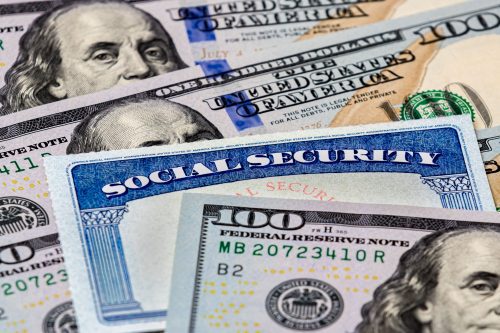One of the most significant retirement decisions you will make is deciding where you want to live in retirement. Considerations include lifestyle, cost of living, and taxes. New Jersey has historically been one of the worst tax states in the nation. New Jersey’s state income tax of 9% ranks them the fifth highest. New Jersey’s property tax rate is the highest in the country as of 2019. Couple these high tax rates with the recently lowered limit of $10,000 on the deductibility of state and local tax on your federal income tax return, and you can understand why New Jersey is not considered a favorable state in which to retire.
There is a silver lining or two to the dark New Jersey tax cloud for retirees who want to remain in New Jersey. The state legislature passed two significant changes to the law in 2018. New Jersey eliminated the state estate tax, which has moved it from one of the worst states for estate taxes to one of the best (although New Jersey remains one of the few states with an inheritance tax). But more importantly for people making the retirement decision, the state passed a law increasing the retirement income exclusion beginning in 2018 for pension and other retirement income.
Pension and retirement income include pensions, annuity payments, 401(k) and 403(b) plans and IRA withdrawals. In order to qualify for the exclusion, the taxpayer must meet an age and gross income test. To meet the age test, the taxpayer must be age 62 or older, or be disabled as defined by the Social Security guidelines as of the last day of the year.
Income-wise, filers whose NJ gross income (all income except Social Security benefits, New Jersey municipal bond interest, and Federal government bond interest) is under $100,000, can exclude the lesser of 100% of your pension and retirement benefits (as defined above), or the exclusion amount from the table below:
| Filing Status | Exclusion Limit
2020 |
Exclusion Limit
2019 |
| Married Filing Jointly | $100,000 | $ 80,000 |
| Married Filing Separate | $ 50,000 | $ 40,000 |
| Single | $ 75,000 | $ 60,000 |
There is one significant caveat with this law. There is no phase-out. If your NJ gross income exceeds $100,000, even if by $1, you are not eligible for any pension exclusion. There are several ways to plan your income if you believe you will be close to the exclusion amount, including but not limited to, changing your investment allocation to include investments that are not subject to NJ income taxes, not invest in investments that generate taxable dividends and capital gains, and minimize withdrawals from your retirement accounts if possible.
Taxes may not be the main reason you choose to retire in New Jersey or elsewhere, but it is important to understand their impact on your retirement. We recommend discussing the New Jersey pension exclusion with your financial planner or tax professional prior to retirement to ensure you are making informed decisions.







